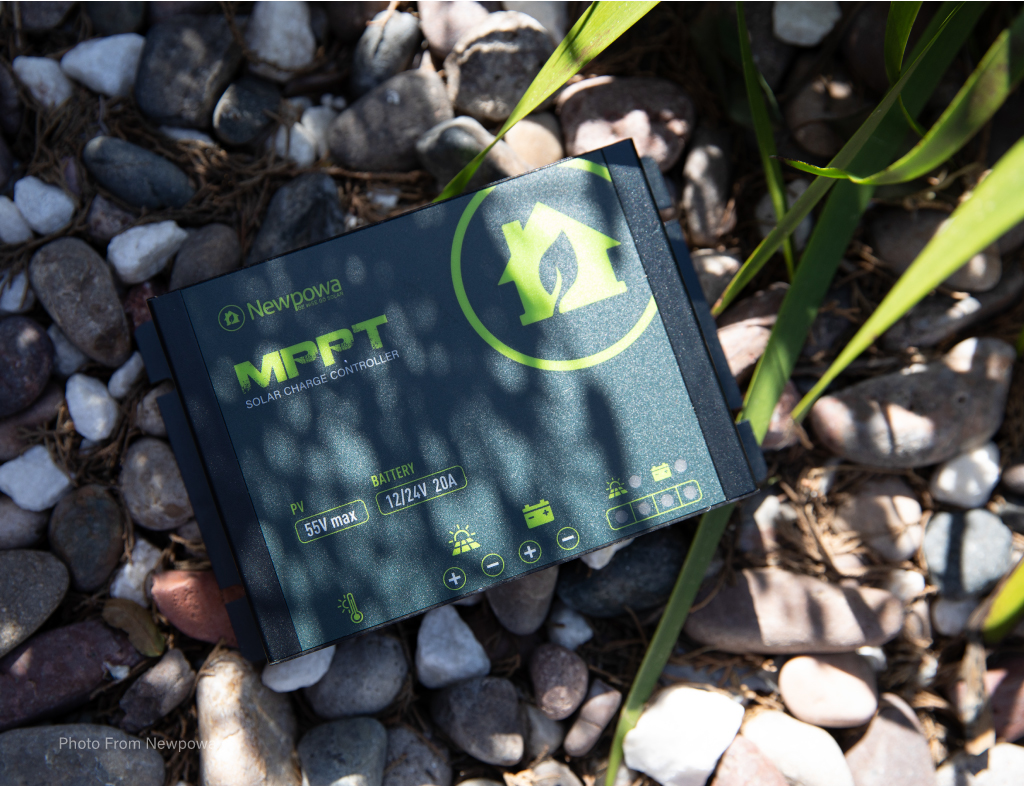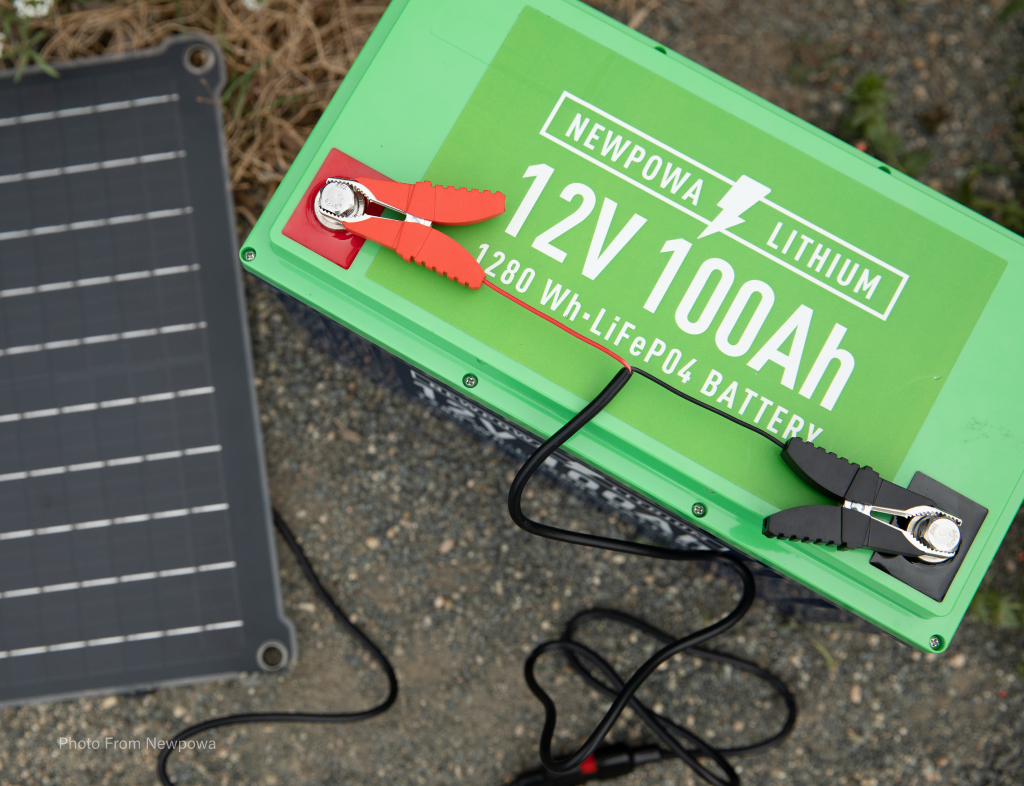IS IT POSSIBLE TO OVER-PANEL A SOLAR SETUP?
23rd Oct 2024
When configuring a solar power system, especially for off-grid setups like RVs, boats, or cabins, a common concern is whether it’s possible to "over-panel" the system. Simply put, the question revolves around whether having too many solar panels can cause inefficiencies or damage to the system.

Understanding Over-Paneling
In solar setups, over-paneling refers to installing more solar panel capacity (measured in watts) than what the other system components are designed to handle. While it might seem like having extra panels would just generate more power, the reality is more nuanced, and careful planning is necessary.
Charge Controllers and Inverters
One of the main concerns with over-paneling is the compatibility with your charge controller and inverter. These components have maximum power ratings, and exceeding them can lead to inefficiency or system failure. For example:
-Charge Controllers: Solar charge controllers manage the flow of electricity from the panels to the battery. If the panel array generates more power than the charge controller can handle, it will either throttle the output or, in the worst case, fail. Using an undersized charge controller for an oversized array can cause overheating and damage over time.
-Inverters: Inverters convert the DC power from your panels and batteries into AC power for your appliances. If your inverter is not rated for the maximum power your panels can produce, it may not perform optimally or could trip its safety features, limiting your system’s performance.
Battery Capacity and Panel Output
Another consideration is your battery bank. If your battery bank is small and your panel array large, you may generate more electricity than the batteries can store. This can result in wasted energy, especially if the system doesn’t have a way to divert the excess power.

Interestingly, some over-paneling can actually be beneficial. For example, in regions with less sunlight or during winter months, having extra panels ensures your system still generates adequate power even under less-than-ideal conditions. In such cases, the panels may rarely run at full capacity, but they’ll still contribute to keeping your batteries charged.
Over-paneling can pose risks to your system, but when done thoughtfully, it can also offer advantages in terms of reliability and energy availability. Ensure your charge controller, inverter, and battery bank are sized appropriately, and consider the environment in which the system will operate. Balance is key to maintaining efficiency and longevity in your solar power setup.
